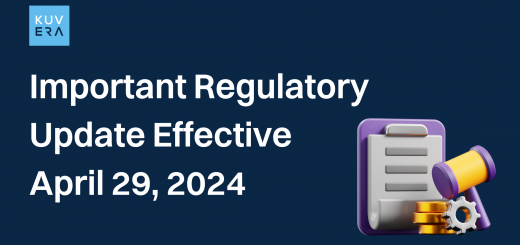Filing an Income Tax Return (ITR) is a legal requirement in many countries, including India, irrespective of whether you have an income tax liability or not. While it may seem unnecessary to file an ITR when you don’t owe any taxes, there are several reasons why it is beneficial to do so.
In this blog, we will explore the importance of filing an ITR, even if you have no income tax liability, and why it is a smart financial move.
1) Compliance with Tax Laws
Ensure Compliance and Fulfil Your Legal Obligations. Filing your ITR demonstrates your compliance with tax laws and fulfils your legal obligations as a taxpayer. It helps maintain transparency and accountability in the financial system, contributing to the overall integrity of the tax system.
2) Proof of Income
Establishes your financial standing and documentation. An ITR serves as proof of your income, which can be valuable in various situations. Whether you’re applying for loans, visas, or engaging in property transactions, having a filed ITR acts as documentation to support your income claims. It adds credibility to your financial profile and helps build trust with financial institutions.
3) Carry Forward of Losses
Optimise tax planning and reduce future tax liability. If you have incurred losses in a particular financial year, filing your ITR allows you to carry forward those losses for future adjustment against any future income. This strategic tax planning can help reduce your tax liability in subsequent years and optimise your overall tax position.
4) Claiming Refunds
Recover excess tax deducted and maximise financial returns. Even if you have no tax liability, you may be eligible for a tax refund if excess tax has been deducted from your income, such as through TDS (Tax Deducted at Source). Filing your ITR is necessary to claim such refunds and maximise your financial returns.
5) Avoiding Penalties
Stay clear of legal consequences and financial penalties. Failure to file your ITR within the prescribed deadline can attract penalties and legal consequences. By filing your ITR on time, even if you have no tax liability, you can avoid these penalties and maintain a clean tax record, fostering a positive relationship with tax authorities.
6) Government Benefits
Ensure eligibility for welfare schemes and subsidies. In certain cases, eligibility for government welfare schemes, subsidies, or other benefits may be linked to the filing of income tax returns. By filing your ITR, you ensure that you meet the necessary criteria for such benefits, opening doors to potential financial assistance and support.
7) Building a Financial History
Establish credibility and unlock financial opportunities. Consistently filing your ITR establishes a financial history, demonstrating your financial responsibility and credibility. This financial history can be beneficial when applying for credit cards, loans, or engaging in financial investments, as it reflects your financial discipline and enhances your chances of approval.
Conclusion
According to income tax laws, individuals are required to file an Income Tax Return (ITR) if they meet specific income criteria or fall under non-income criteria. If a person’s income from all sources exceeds the basic exemption limit, which is Rs. 2.50 lakh for individuals below 60 years and Rs. 3 lakhs for individuals between 60 and 80 years, they must file an ITR. Individuals who are 80 years or older enjoy a higher exemption limit of Rs. 5 lakh. It’s important to note that this income includes all sources before applying deductions or exemptions under the income tax laws.
While it may seem unnecessary to file an ITR when you have no income tax liability, it is crucial to consider the broader implications and advantages of doing so. Filing your ITR ensures compliance with tax laws, establishes proof of income, enables tax planning strategies, allows for refunds, avoids penalties, provides access to government benefits, and builds a strong financial history. Take advantage of online tax filing platforms or consult with a tax professional to ensure accurate and timely filing of your ITR, maximising the benefits of this financial practice.
Interested in how we think about the markets?
Read more: Zen And The Art Of Investing
Watch/hear on YouTube: Investing with legends series
Start investing through a platform that brings goal planning and investing to your fingertips. Visit kuvera.in to discover Direct Plans and Fixed Deposits and start investing today.
#MutualFundSahiHai #KuveraSabseSahiHai! #PersonalFinance











